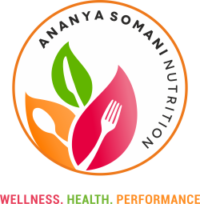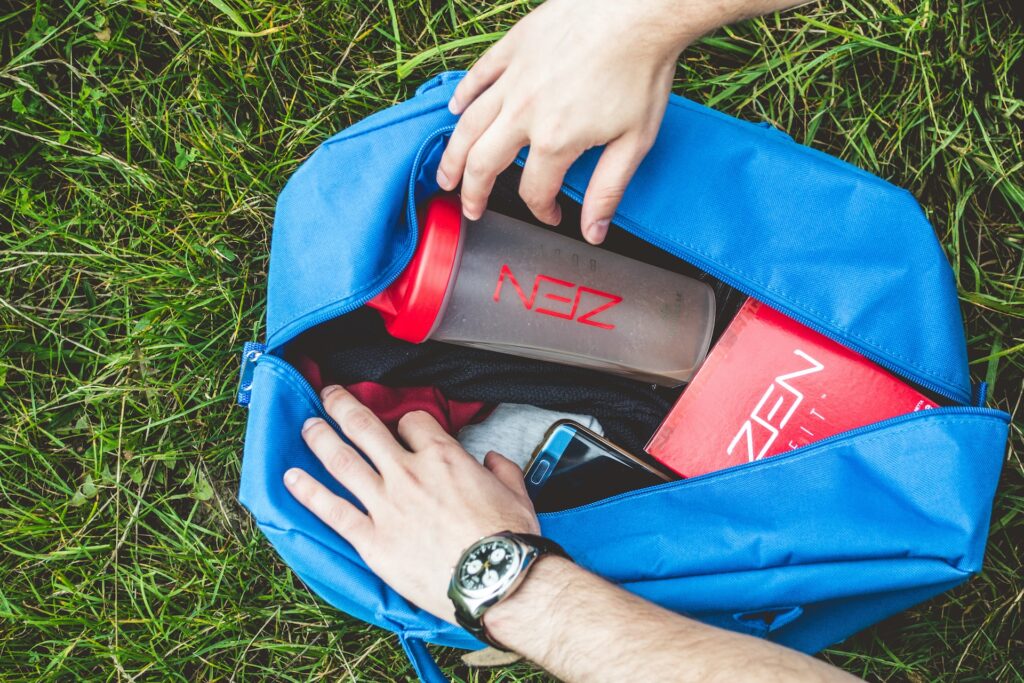What is creatine?
Creatine is a naturally occouring substance, present primarily in our muscles. It gets stored as creatine phosphate, a molecule that helps provide energy, especially during high intensity and short duration activity where ATP is quickly depleted.

Creatine monohydrate is perhaps the most studied ergogenic aid for athletes – the overall consensus supports its benefits and safety. Read on to understand how and when it can be used.
What does creatine do?
Creatine is available in foods such as red meat, chicken and other meats. In regular consumption, perhaps 60-80% saturation of the body’s creatine stores is possible. However, to saturate it fully supplementation with creatine is required. This is key for plant-based diets as well, where food sources of creatine are limited.
Creatine supplementation increases the muscle creatine stores which pushes the athletes’ capacity to train thereby leading to more opportunity to progress and adapt be it in terms of strength, stamina or overall performance.
Higher creatine phosphate stores = more energy available for use during activity and training = better performance & results!
Roles in sport
Although creatine has been studied extensively for its use in high intensity sports and for athletes working towards power and strength, it use is not limited to these only. Creatine can support performance in a range of sports as benefits can include:
- Increased work capacity
- Increased muscle mass and strength
- Enhanced recovery
- Improved performance (e.g. sprint time, max effort)
- Better training tolerance
- Improved glycogen synthesis i.e. replenishing carbohydrate stores after use
Creatine can even support:
- Injury prevention and rehab
- Protection from heat injury in hot environments
- Brain and spinal cord neuroprotection i.e. it can be helpful in concussions, brain injury etc
Thus, creatine supplementation can be valuable in a variety of situations and sports, that goes far beyond intense training scenarios. Notably, it can be a beneficial supplement for both males and females.
Other than sport
Creatine can also have potential therapeutic benefits, such as in the management of neurodegenerative conditions, supporting healthy ageing and improving cognition. It can be beneficial at different stages of life, and is potentially worth considering for older adults too.
Dosing
Creatine monohydrate is the most studied form of creatine, and is absolutely effective in delivering the benefits that creatine has to offer. Newer forms are available in the market (such as creatine hydrochloride), however they have not been studied as extensively and are often more expensive too.
There are two methods for creatine supplementation:
- The traditional ‘Loading and Maintenance’ with a loading Phase (4 doses of ~5g creatine/day) for 7 days followed by Maintenance Phase with 3-5g creatine/day
- Skipping the loading phase and instead consistently and continuously having 3-5g creatine every day.
The most appropriate strategy may depend on goals and considerations. While the traditional loading and maintenance strategy helps to saturate the stores sooner, the second strategy is effective for those looking to take creatine for a longer period of time (>30 days). In fact, it can be less cumbersome and easier on the digestive system.
In terms of timing, creatine monohydrate can be taken at any time of the day, as long as it is taken consistently as per the protocol. Depending on your goals and requirements, it can be consumed daily to maintain the saturated creatine stores – cycling on and off in phases is not necessary! If you are looking to take a break or stop consuming a creatine supplement, keepin mind that it takes about 4-6 weeks for stores to return to baseline.
Is it safe?
The short answer is, yes.
A common myth is that it is a drug or anabolic steroid, however this is not true as creatine has a completely different chemical structure. It is also not a banned supplement and can be considered by competitive athletes who get drug-tested (make sure to opt for a third party batch-tested supplement). Although there are fears such as of kidney damage, even long-term supplementation of creatine has found to be safe for otherwise healthy individuals.
Does it have any side effects?
Often there is concern that creatine may increase weight due to water retention, however this has been found to be only a short-term effect. In the long-term there is no change in the water held by the body upon taking creatine.
Another concern that creatine causes hair loss or baldness, particularly in men, is also unsupported by empirical evidence. This finding has only been indirectly reported in one study and over 10 studies since have shown that this does not occour. In fact, the unproven theory states that the baldness could be due to creatine increasing testosterone levels, however this could be occouring due to resistance training itself.
Conclusion
Creatine is effective and safe, and can offer benefits for a number of benefits for athletes. It is probably the most studied sports supplement, and the evidence unanimously supports its efficacy.
Speak with a sports dietitian for individual nutrition and supplement guidance.
References
- Antonio, J., Candow, D.G., Forbes, S.C. et al. Common questions and misconceptions about creatine supplementation: what does the scientific evidence really show?. J Int Soc Sports Nutr 18, 13 (2021). https://doi.org/10.1186/s12970-021-00412-w
- Buford, T. W., Kreider, R. B., Stout, J. R., Greenwood, M., Campbell, B., Spano, M., Ziegenfuss, T., Lopez, H., Landis, J., & Antonio, J. (2007). International Society of Sports Nutrition position stand: creatine supplementation and exercise. Journal of the International Society of Sports Nutrition, 4, 6. https://doi.org/10.1186/1550-2783-4-6
- Kreider, R.B., Kalman, D.S., Antonio, J. et al. International Society of Sports Nutrition position stand: safety and efficacy of creatine supplementation in exercise, sport, and medicine. J Int Soc Sports Nutr 14, 18 (2017). https://doi.org/10.1186/s12970-017-0173-z

